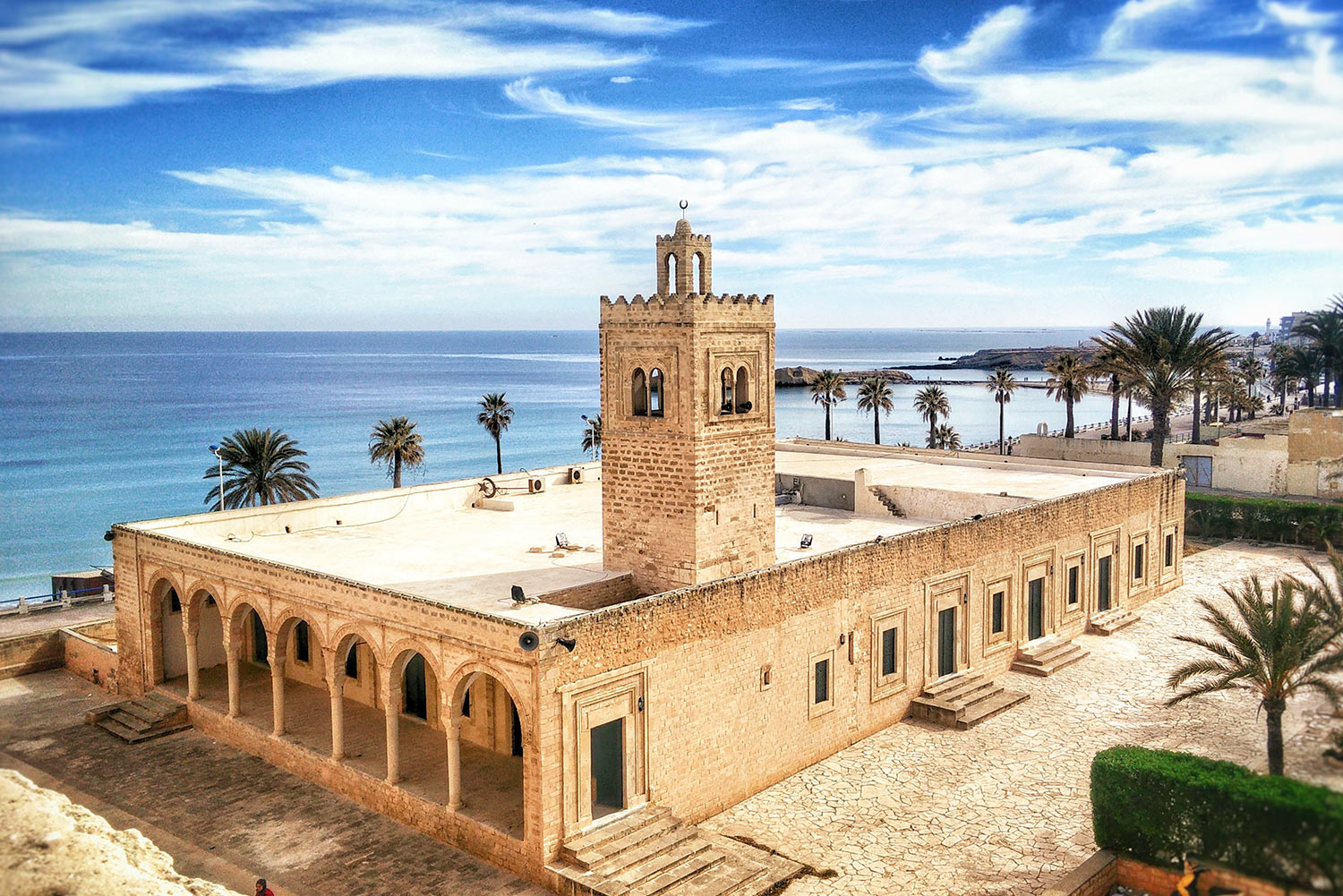The acts of the Tunisian government since the 2011 revolt have proven to be a model of how to carry out a democratic transition following a drastic and abrupt change of leadership. To improve the general climate, it has established a new constitution, held free elections, and taken a diplomatic approach to political disputes between secular and Islamist authorities. As if the internal political turmoil wasn’t enough, Tunisia’s young regime was severely harmed by a lone-wolf attack in Sousse in 2015, after which the country was no longer the first choice for FDI (FDI). Tourism, which is one of the country’s most important industries, has been impacted particularly severely. Tunisia has fought back by conducting a complete root-and-branch examination of its global standing, developing comprehensive policies and implementing significant improvements to enable it to become an attractive FDI destination.
When you buy real estate in Tunisia, you will instantly be granted a resident permit. In terms of scale, an apartment, home, or villa can be practically any construction. The newly bought property can be utilized for any purpose: you can live here, rent it out, or use it as a vacation rental. You might invest not only in your real estate but also in the domestic economy of the country as a whole in order to receive a residence visa. It can take the form of funding for a local public or private initiative, an investment in a ready-to-run firm, or a variety of other forms. Furthermore, applying for a business visa is not required to receive a residence permit under this program.
Why Tunisia?
Tunisia has several advantages for international investors, including a strategic location on the Mediterranean and a capital city that is only two hours away from all major European capitals. The country has a strong education program and a productive workforce with competitive salaries, all of which contribute to the country’s modernization. The economy’s increasing diversification enhances its resilience to economic downturns. The fact that Tunisia has a respectable credit rating is also enticing to a foreign investor. Tunisia is ranked in the top ten countries in the Middle East and North Africa for ease of doing business by the World Bank. In addition, greenfield investment in Tunisia has been steadily increasing since 2017. Energy, construction materials, telecommunications, textiles, tourism, and electronics are the main industries that attract FDI.
Required Documentation
- a foreign passport that may be easily shown in person;
- Look for color photographs taken in Tunisia, as well as payment of government fees. In Tunisia, this operation is hidden, and they offer to buy the relevant stamps as payment for the state charge;
- proof of your solvency. It refers to a bank statement from the local bank where your account will be opened, as well as a residency permit application form. It must be completed twice, once in English and once in French.


